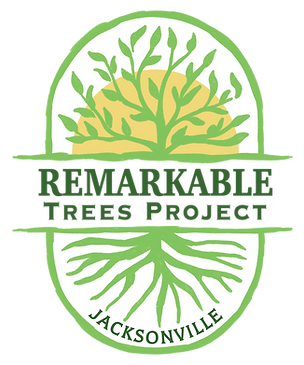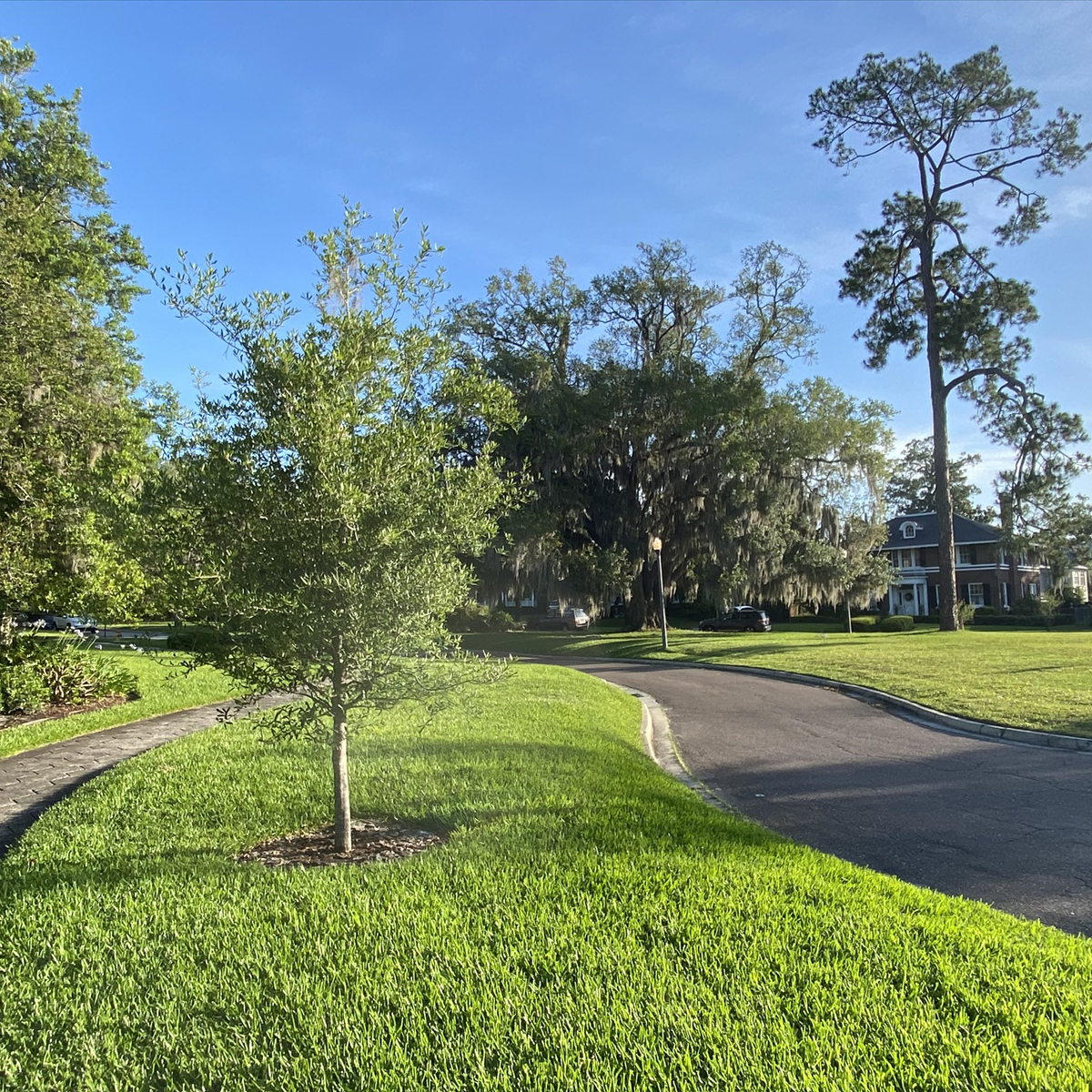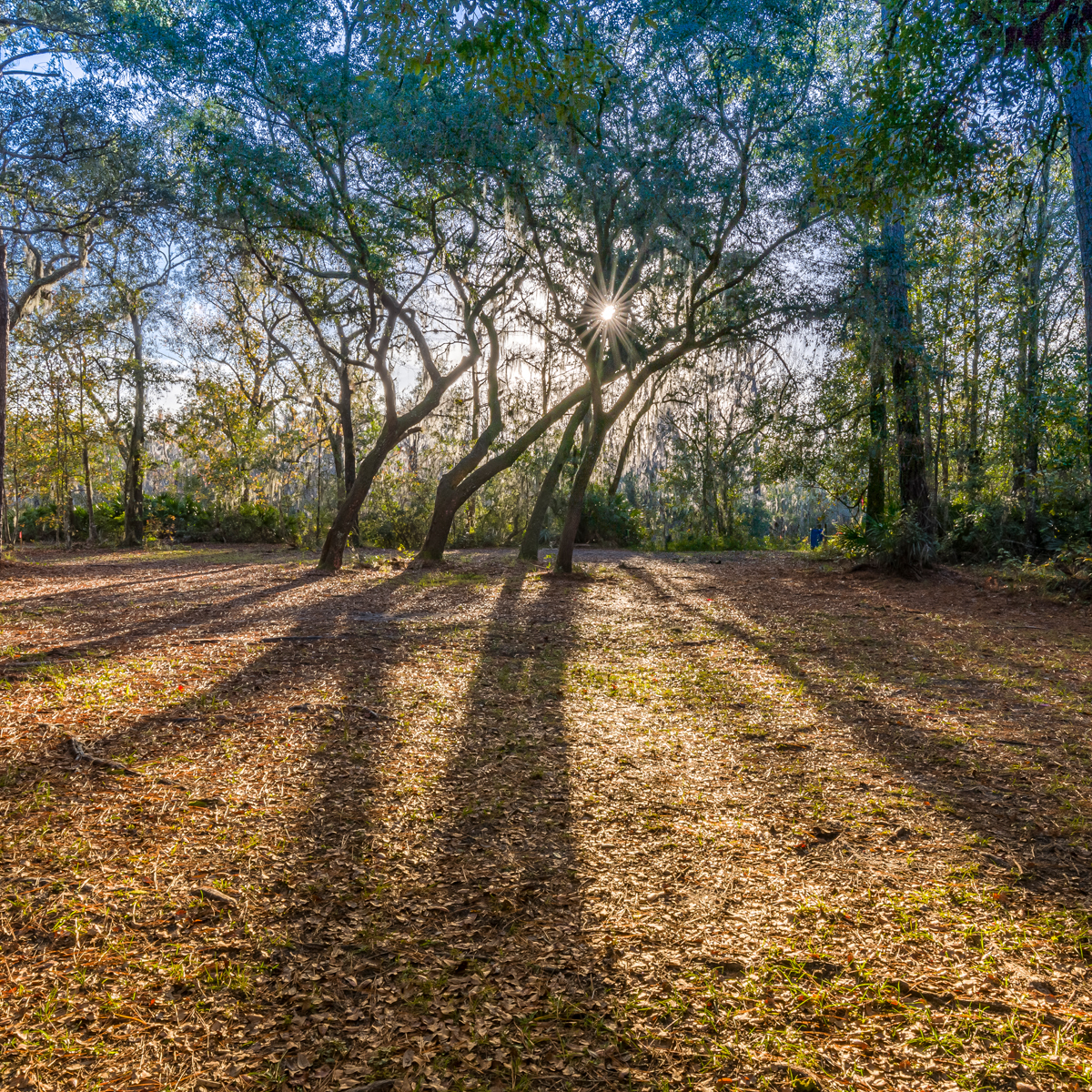Trees and Landscapes
Replenishing and protecting the tree canopy, promoting streetscapes, natural landscapes and green infrastructure.
A journey of discovery
to our city’s most remarkable trees
Jacksonville’s most remarkable trees from the citizens’ perspective.


Trees
Trees provide essential benefits for people, climate, water, and wildlife.
Loss of trees from development and storms threaten resiliency efforts and contribute to rising temperatures, a loss of wildlife habitat, and destruction of beauty.
Thanks to the efforts of Scenic Jacksonville, the city passed a Tree Ordinance as well as a Tree Protection Charter Amendment. A funding component requires developers to pay for trees they cut down during commercial or residential development.
Today there is over $21 million in the combined Tree Mitigation Funds. Citizens, non-profits and the city’s Urban Forestry staff utilize the Tree Funds to replant trees on public property, including rights of way, medians, parks and schools.
Scenic Jacksonville is a strong advocate for replanting efforts. We are proud to support planting programs and activities with Duval County Public Schools, Riverside Avondale Preservation’s ReLEAF program, and the Sulzbacher Center to name a few.
Request a free tree by calling 630-CITY. Options for larger projects by community groups are available via the Tree Commission Planting Programs.
Natural Landscapes and Green Infrastructure
Natural “green” landscapes are an important complement to “grey” hardscapes like concrete, bulkheads, and stormwater pipes and pumps. Trees and forests, parklands, and gardens, can help “green up” any landscape median, right of way or buffer.
Benefits include: Long term resiliency and sustainability; better stormwater management; improved drainage; cleaner air; pollution control; protection from storm surges; and health and wellness.
In Jacksonville, great examples can be found at the San Marco Community Center, in front of the Haskell Building at the river, and the Emerald Trail’s planning incorporates creek restoration with flood control.
Scenic Jacksonville is advocating for strong resiliency measures through the City Council’s Special Committee on Resiliency and the Resiliency Coalition led by the Late Bloomers Club and the St. Johns Riverkeeper.


